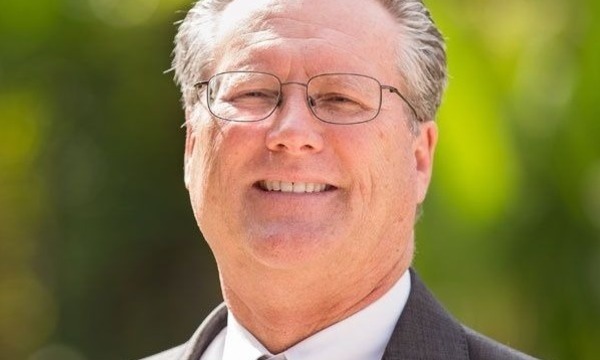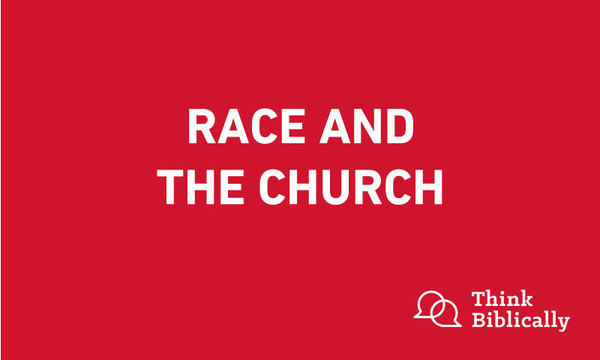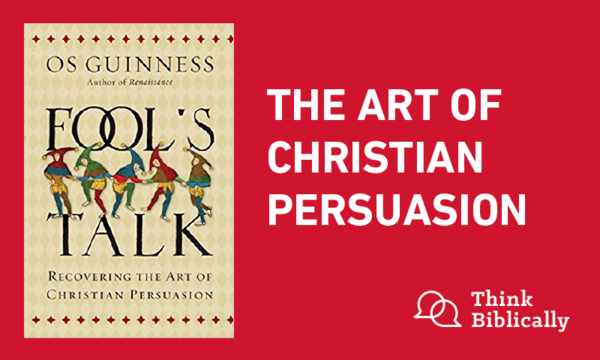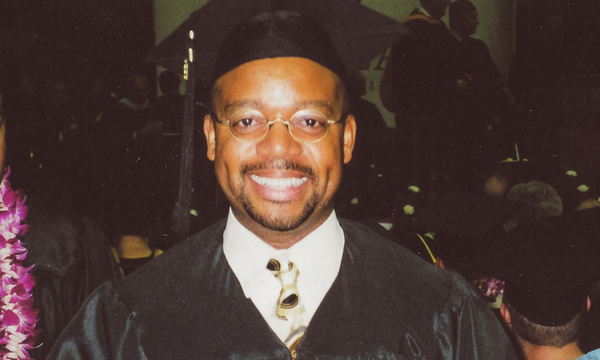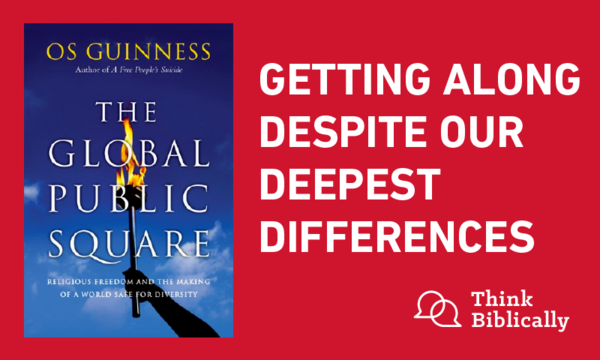Blogs & Podcasts
![]()
Becoming Biola
Explore Life at Biola University![]()
![]()
![]()
Bravo!
Biola University Conservatory of Music![]()
Business. Ministry. Life.
Crowell School of Business![]()
GRIT
a resource collective for women![]()
Opening Question
Torrey Honors College![]()
![]()
Talbot Magazine
Talbot School of Theology![]()
The Faculty Cut
Resources from the Snyder School of Cinema and Media Arts' Industry Professionals![]()
The Good Book Blog
Talbot School of Theology Faculty Blog![]()
Think Biblically
Conversations on Faith and Culture![]()
Winsome Conviction
Cultivating Conviction with Civility
Latest Posts
Finding a Confident Christian Faith
Weekly Q & A with Dr. William Lane Craig
Faculty Spotlight: Phil Woodward
Associate Professor of Accounting
Race and the Church – Part 1
with Chris Brooks
The Power of Remittances on Poverty in Poor Countries
“Give a man a fish and you feed him for a day; teach a man to fish and you feed him for a lifetime.”
Women Need Iron: How Weightlifting Changed my Perspective on Beauty, Strength, and Body Image
a guest post by Jordyn Cooley
The Future of the North American Church?
Weekly Q & A with Dr. William Lane Craig
The Art of Christian Persuasion
with Os Guinness
Home for the Holidays
a blogpost by Jasmyne Bell
Vilenkin on the Universe’s Coming into Being without a Cause
Weekly Q & A with Dr. William Lane Craig
Getting Along Despite Our Deepest Differences
with Os Guinness
The Reformation at 500
Three Marks of Protestant Identity
Streamlining Seminary
Innovative New B.A. + M.A. Program Prepares Students to Enter Pastoral Ministry More Quickly
 Biola University
Biola University













